detail profile r c3 bcdiger joswig
Peran Yang Di Mainkan Rüdiger Joswig
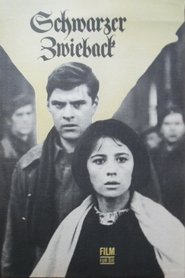 The November Revolution of 1918 in Germany...
The November Revolution of 1918 in Germany...Black Rusks 1972
The November Revolution of 1918 in Germany, famine and social upheaval evoke a response from the young Soviet government in Russia. To provide food assistance, trains with bread are being formed. One of them, on the personal instructions of V.I. Lenin is accompanied by the young revolutionary Tatyana . On the way, she meets a former German prisoner of war, Kurt . A romantic relationship arises between them. The train with bread, despite all the difficulties, was delivered. In a clash with a detachment of counter-revolutionary German troops, Tatyana was wounded. She returns to Moscow, and Kurt goes to Berlin to continue the revolutionary struggle.
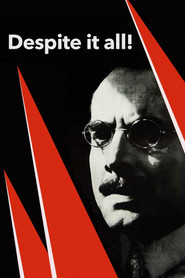 October 1918 Karl Liebknecht is released from...
October 1918 Karl Liebknecht is released from...Despite It All! 1972
October 1918: Karl Liebknecht is released from prison and Berlin workers celebrate his release. Although WWI is almost over, the German Kaiserreich in vain sends its last reserves to the slaughter. The working class is in a rebellious mood; the uprising of Kiel’s sailors against war and militarism sets off a call for revolution led by Liebknecht. On November 9, Liebknecht declares the Free Socialist Republic of Germany. But pro-Kaiser military and right wing Social Democrats oppose him.
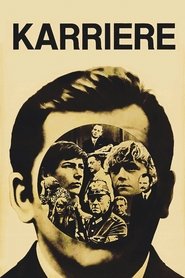 Gnter Walcher 40yearsold is a hardworking...
Gnter Walcher 40yearsold is a hardworking...Career 1971
Günter Walcher, 40-years-old, is a hardworking, apolitical West German businessman caught in a moral conflict. He is offered a promotion to become the head of a division—on the condition that he find a reason to fire Zacharias, a communist and the work council chairman.





 When Michas mother leaves his irascible...
When Michas mother leaves his irascible...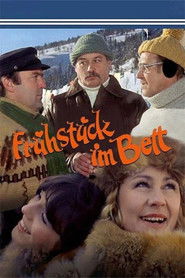



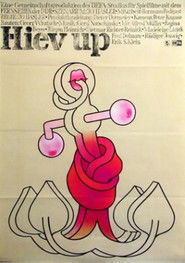 The crew of a small Sanitz...
The crew of a small Sanitz...
